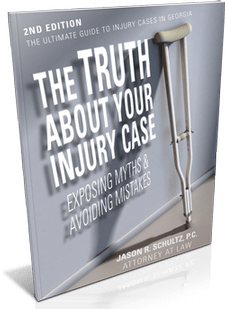When You Should See Your Doctor About Possible TOS After a Car Accident
Because thoracic outlet syndrome can cause compression of nerves or blood vessels, the symptoms of thoracic outlet syndrome in one person can be quite different than in another person. However, compressed nerves or muscles can cause permanent tissue damage. Untreated nerve compression can lead to progressive nerve damage that can require surgical intervention.
Vascular involvement can lead to blood clots in your veins or arteries, which can be fatal. Be aware that sometimes the symptoms do not show up right after the accident.
For this reason, we recommend you see your doctor if you were involved in a moderate to severe car accident or if you are experiencing any of the signs of thoracic outlet syndrome.
How Will the Doctor Diagnose My Thoracic Outlet Syndrome?
During the physical examination, your doctor will ask you to try to move your arm and shoulders in different ways to see which positions cause you to have symptoms. Doctors call these movements provocation tests, as they try to replicate your symptoms in front of the examiner.
In addition to the physical exam and provocation tests, your doctor may order imaging tests, which can include:
- X-rays
- An ultrasound
- A CT scan (computerized tomography)
- An MRI (magnetic resonance imaging)
To get more information about your blood vessels, your doctor may run an angiography, arteriography, and venography, which are other forms of imaging tests.
Your doctor might send you for an EMG (electromyography) test to see the electrical activity in your muscles. She may also order a nerve conduction study to check for have nerve damage that has slowed your nerves’ ability to send messages from the brain to your muscles.
While nerve damage can be permanent, if you see your doctor right away, you might be able to treat your thoracic outlet syndrome with non-surgical means, such as physical therapy, and drugs for pain, muscle relaxation, inflammation, and dissolving or preventing blood clots.


